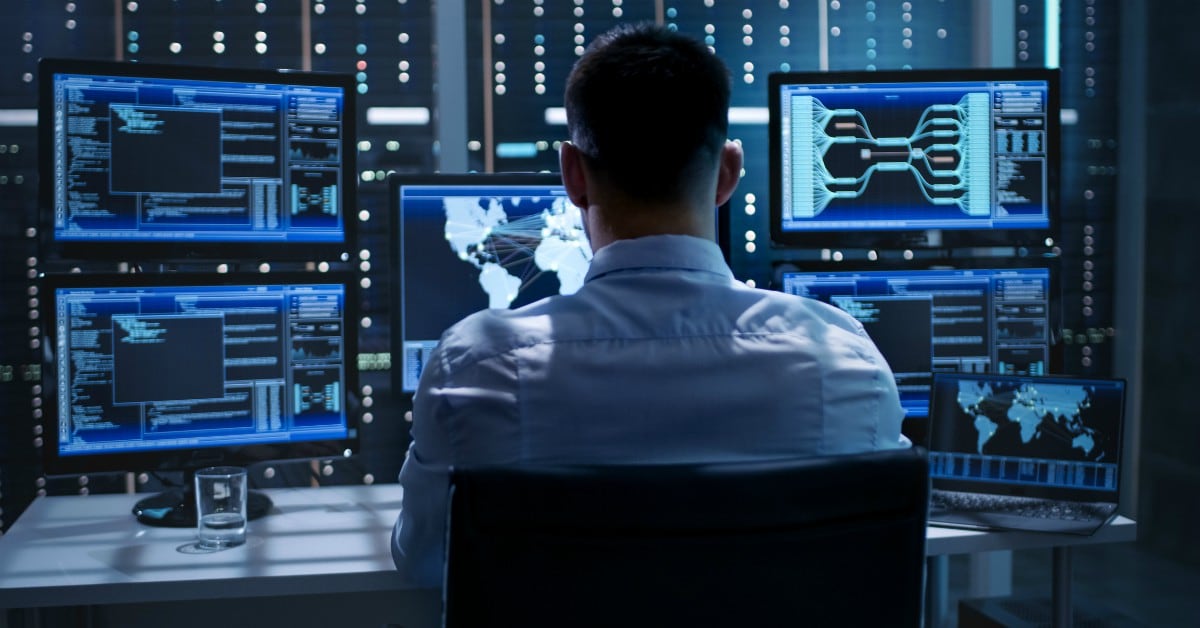Military leaders are questioning what the next generation of the global top secret network might be.
Despite the fact that the Joint Worldwide Intelligence Communications System — the network used to share and discuss top secret information — is one of the best information tools the military and intelligence community have, it is being used far beyond its original intent.
Officials speaking at the DoDIIS conference Aug. 13 articulated that the JWICS was originally just for analysis and intelligence production by the IC.
Today, “it’s found its way into every element of our operations,” Gen. John Hyten, commander of Strategic Command, said. “In my command it’s a critical tool because it’s the conduit for intel assessments and reports that come to every decision the command [makes] … A lot of our command-and-control functions go through JWICS.”
Lt. Gen. Robert Ashley, director of the Defense Intelligence Agency, told reporters during the conference that a lot of people don’t realize the breadth of the JWICS and the importance of it, adding combatant commanders say it’s their most reliable network.
For Hyten, a combatant commander, he said it allows him to look at different IC estimates of adversaries’ capabilities and intentions and collaborate with the office of the secretary of defense, Joint Staff, combatant commands and services.
“It’s the primary system my battle staff uses in time of crisis,” he said, noting that’s not what it was originally built for and thus there has to be a secure and reliable system that can continue to do this in the future.
Ashley said it is absolutely critical for the JWICS to be secure and functioning, describing the challenge ahead is figuring out what the system needs to look like and do in the next 10 years given it has grown beyond its original intent.
“That’s a big move we’re taking on and we’re having that conversation with the combatant commanders to understand what is it that we initially provisioned to the IC and what do you need it to be able to do for you,” he said. “Then we’ll talk about how do we provision that and who has that responsibility and what does that look like in the future.”
Mark Pomerleau is a reporter for C4ISRNET, covering information warfare and cyberspace.








